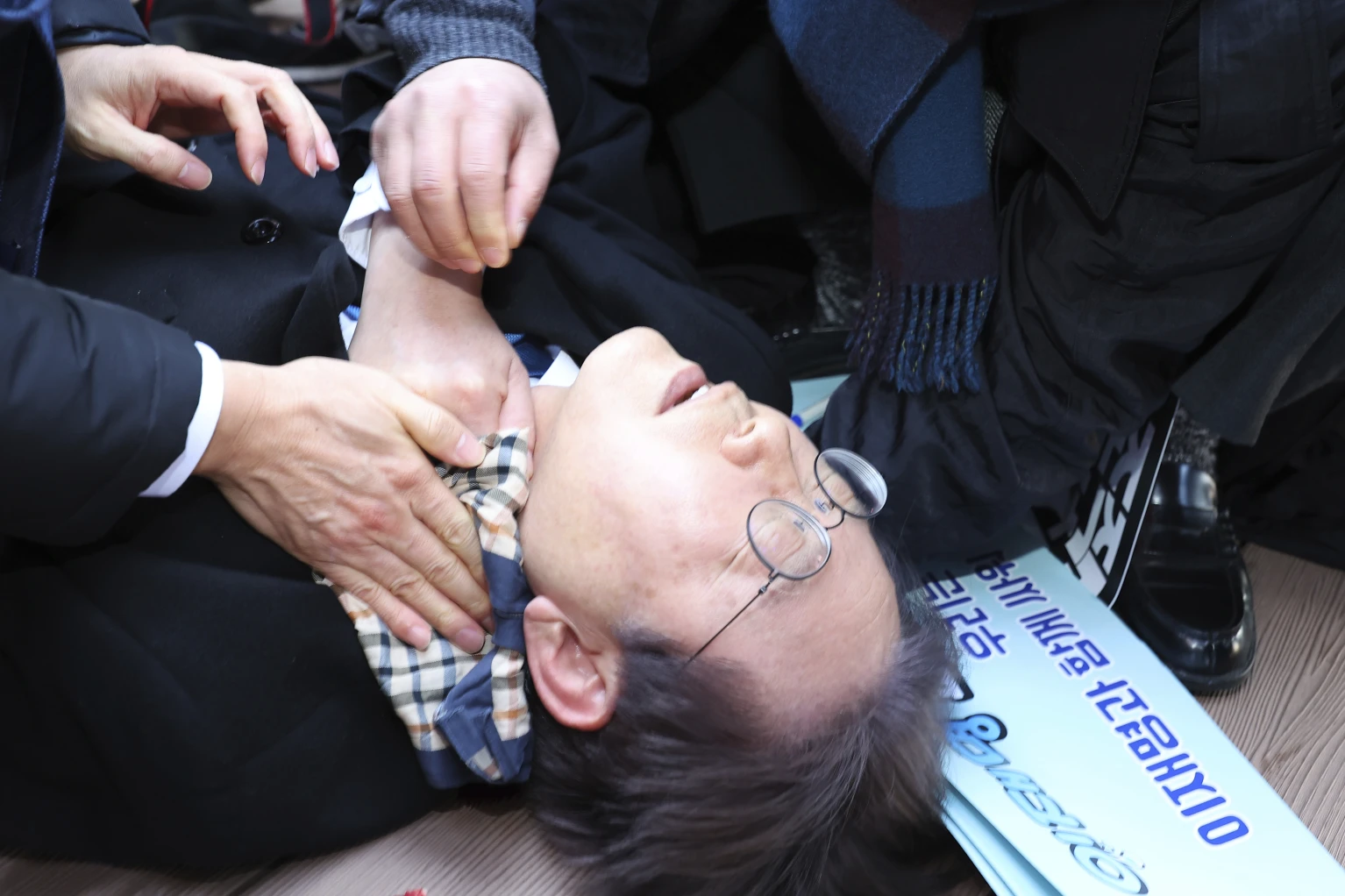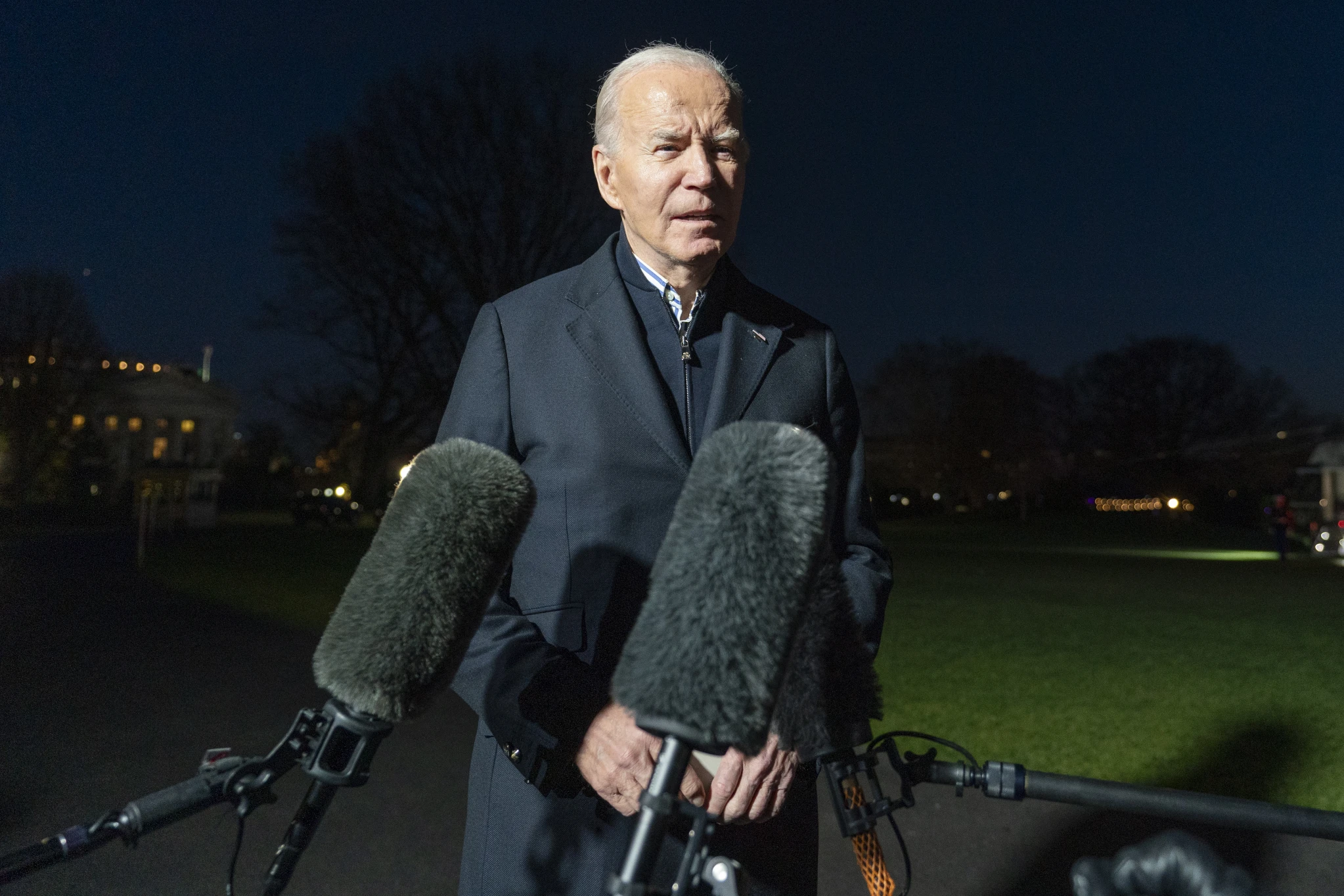
Way back in 1997, President Tibuhaburwa Yoweri Museveni, when asked by a The Monitor newspaper report – which later became Daily Monitor – what kind of Uganda he envisioned beyond him, said that Uganda after him will be ungovernable. It was difficult to imagine that a plethora of factors would combine to bear the President’s statement out.
The world had witnessed countries that once enjoyed security and peace – hence stability – collapse. They included Somalia, Liberia and Czechoslovakia, which only became secure, peaceful and stable countries of the past. They became ungovernable. Uganda is now on the road to being ungovernable. Many Ugandans are now coming to terms with the possibility that their country will be more chaotic beyond President Tibuhaburwa Museveni than was the case when the rulers the president called swine were in power.
Already, it is no longer clear who governs Uganda: Is it President Museveni or his son Muhoozi Kainerugaba?
But what are the factors that combine to make Uganda ungovernable even before the president gives way? Let me list some of them:
- Perennial rule of President Tibuhaburwa Museveni, which is the same as life presidency
- Over-glorification of foreigners, leading to bona fide Ugandans being second or even third-rate citizens of Uganda
- Marginalising citizens from the economy by using public funds to finance foreign investors, with tax holidays and free land and freedom to take all the money they make out. This has made Ugandans extremely angry in the long-term
- State Capture by individuals who conduct themselves as if they are aliens from planet Mars
- Mismanagement of the economy with most of the money spent on administration, the military and politics for power retention, while ignoring professional workers such as teachers and doctors. This has made professionals, citizens and their parents who expected a lot from them angry
- Reduction of governance of Uganda to a family matter. This has made many Ugandans angry
- Construction of schools, hospitals and roads in foreign countries. This has made Ugandans angry in the long-term
- Use of NRM as an occupation political party and the army and police as occupation forces.
- Reduction of all Institutions to one Institution: president. This has introduced despondency and anger in the increasingly dysfunctional institutions
- Official environmental destruction through land grabbing for sugarcane, oil palm or establishment of big ranches by people who consistently belong to one ethnic group. Displaced people and communities are angry
- Political ethnicisation and ethnic politicisation, with increasing arrogance and injustice
- Consistently rising insecurity, including mental insecurity, amongst the citizenry as the diminishing State becomes more and more secure
- Cultivation of poverty as a resource of governance, with more and more people becoming internal and external slaves
- The creation of an “indigenous” group of Banyarwanda by the framers of the 1995 Constitution.
- Destruction of domestic production, with decreasing employment and overdependence of the economy on loans
- Death of education, health and agriculture because of the president’s preference of infrastructural development to social development. His philosophy of development is development (infrastructure) first, then people, environment and Nature last, despite the early talk of integrated and self-sustaining economy
- Cultural erosion through schemes such Operation Wealth Creation, Myooga and Parish Development Model, which emphasise the individual and money rather than community integrity, cohesion, unity and resilience, which were subserved by culture.
- Ethical, moral and spiritual erosion
These and other factors, to me, lay the foundation for the disintegration of Uganda. That is my imagination. And I value imagination because it is one of the principal, but increasingly ignored brain-based resources – the others being initiative, creativity and innovation.
For God and My Country











